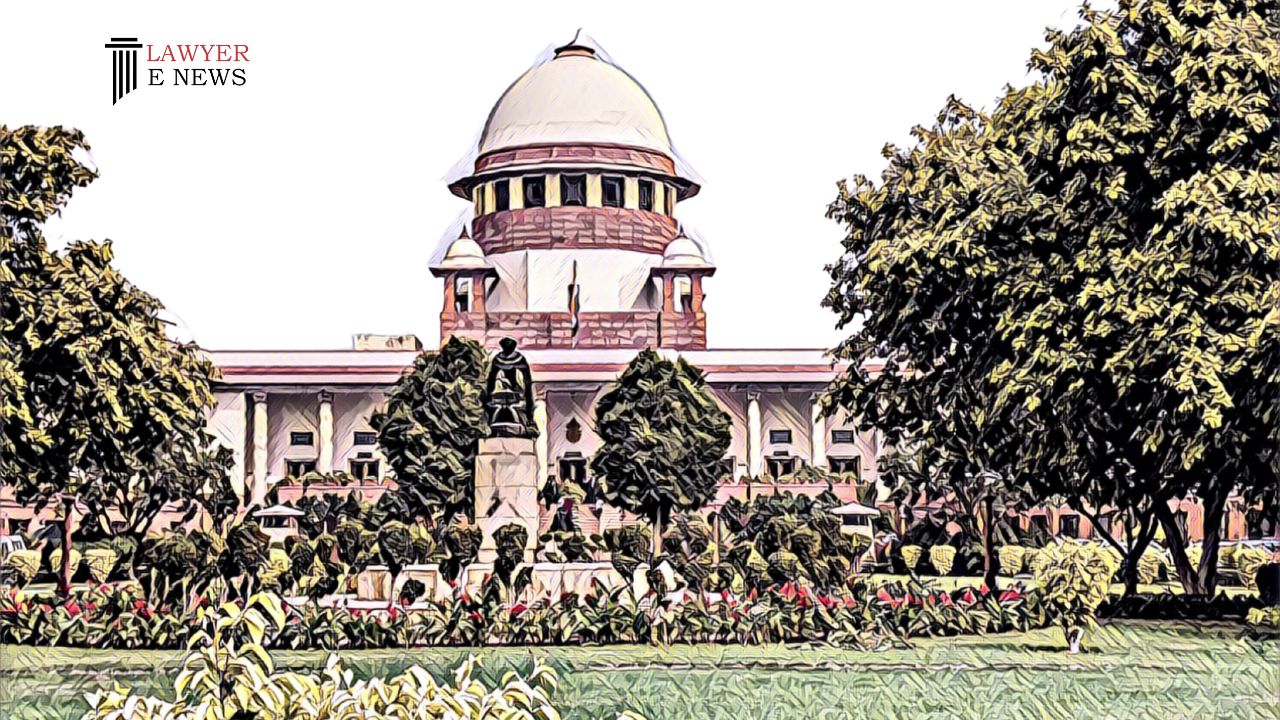-
by Admin
15 February 2026 5:35 AM



In a significant ruling, the Supreme Court of India has permitted de novo investigation in a high-profile money laundering case, overturning the order of the High Court. The apex court's decision comes as a major development in the ongoing legal battle surrounding the case.
The case pertains to allegations of money laundering involving scheduled offenses, including corruption charges against public servants. The Enforcement Directorate (ED) registered an Information Report in July 2021, prompting subsequent legal proceedings.
The central question before the Supreme Court was whether the ED could initiate an investigation and issue summons without identifying the proceeds of crime or a property representing the proceeds of crime. The court, in its judgment, stated that the mere registration of a First Information Report (FIR) for a predicate offense, along with the generation of proceeds of crime, is sufficient to trigger money laundering charges.
Addressing the argument that the ED should first identify specific properties representing the proceeds of crime before registering an Information Report, the court held that such a requirement would be placing the cart before the horse. It emphasized that the process or activity connected with proceeds of crime, including acquisition and use, is enough to constitute the offense of money laundering.
Furthermore, the court rejected the plea to tag the appeals along with a pending review petition, clarifying that the notice issued in the review petition does not diminish the precedential value of its earlier decision. The accused parties were only entitled to challenge the appeals filed by the ED, and not the orders of the High Court.
The judgment also addressed the issue of accessing records of the Special Court trying the predicate offenses. The court upheld the High Court's order allowing the ED to inspect the records under specific provisions, emphasizing that it did not violate the rules governing the granting of certified copies.
Additionally, the Supreme Court dismissed an appeal challenging the extension of time for further investigation, stating that the direction for further investigation remained valid despite the rejection of the time extension request.
Contempt petitions filed against police officials involved in the investigation were also dismissed by the court, citing the complex nature of the case and shared responsibility among multiple parties. However, the court warned that any future disobedience of its orders could lead to renewed contempt proceedings.
Finally, the court dismissed an application seeking the constitution of a Special Investigation Team and the appointment of a Special Public Prosecutor, granting liberty to the applicant to file a substantial petition in the future if foul play is suspected.
With this ruling, the Supreme Court has paved the way for the Enforcement Directorate to continue its investigation and further proceedings in the money laundering case, marking a significant development in the pursuit of justice.
D.D-16.May.2023
Y. BALAJI VS KARTHIK DESARI & ANR. ETC.
